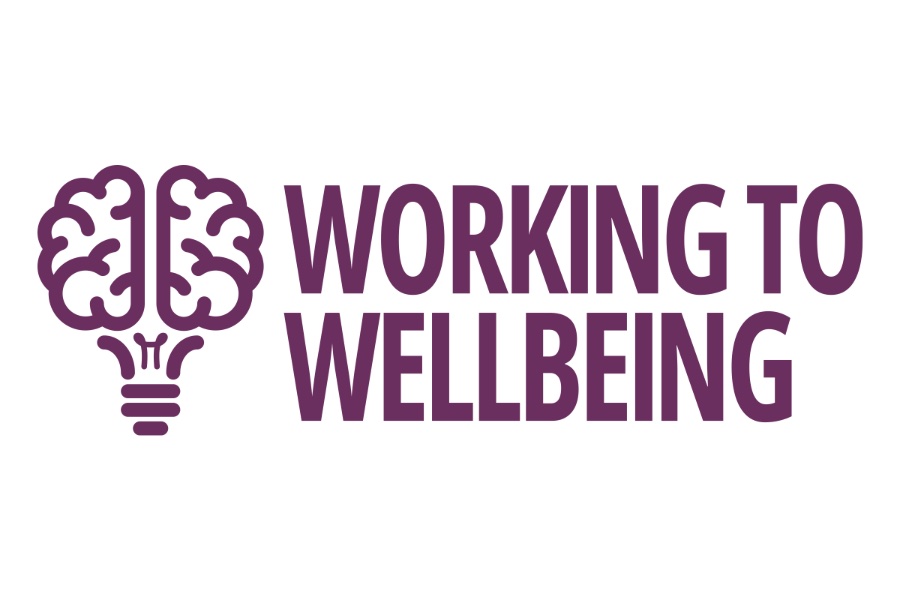Working To Wellbeing, the return-to-work rehabilitation specialist, has launched a new Neurodiversity Work Support Programme, designed to support neurodivergent individuals in the workplace to thrive and flourish at work, and to effectively manage the challenges they may experience related to these various conditions.
Its clinically led and evidence-based work support service is designed to enable individuals to self-manage characteristics of their neurodivergence and remain in or return to work when ready. Taking a holistic, person-centred approach, the service focuses on physical, cognitive, psychological, emotional, and practical support needs. Working To Wellbeing provides health coaching with a strong vocational bias to help people restore their day-to-day functioning and quality of life.
Dr Julie Denning, managing director, chartered health psychologist at Working To Wellbeing and Chair of the Vocational Rehabilitation Association said:
People who are neurodivergent can find it challenging to manage in certain work environments which can result in both professional and personal difficulties if not appropriately supported at work. Our new Neurodiversity Work Support Programme is focussed on enabling individuals to understand and implement effective tools and strategies to increase wellbeing and improve overall functioning and productivity.
Dr Julie Denning, managing director, Working To Wellbeing
It is estimated in the UK that 1 in 7 people are neurodivergent. Data from the National Autistic Society showed that as many as 143,000 people were waiting for an autism assessment, as of June 2023. This number is an increase of 47% on the previous year. Further data, following a freedom of information request from ADHD UK, showed that waiting lists vary in time depending on an individual’s local NHS trust. The shortest wait is only 12 weeks; however, the longest wait is 550 weeks (ten years).
Working To Wellbeing’s Neurodiversity Programme is available to anyone who is neurodivergent and who is struggling at work, with or without an official diagnosis. Following a referral from an employer or insurer, Working To Wellbeing carries out an initial assessment to understand the individual’s current challenges and difficulties they are facing at work. This ascertains what support is required and provides recommendations. Where needed, they can liaise with the individual’s line manager to enable them to provide appropriate support, adaptations, and reasonable adjustments required.
The return-to-work rehabilitation specialist’s programmes have supported people back into the workplace since 2012, and its goal has been to help as many people as possible to be in work and thrive. Working closely with line managers, it believes that work is part of the rehabilitation process and has it central to its thinking on its rehabilitation programmes.
Denning continued:
With around 1 in 7 people in the UK considered neurodivergent, it is important that employers understand the implications of a neurodiverse workforce and provide the reasonable adjustments required and upskill line managers to lead neurodivergent teams. We liaise with an individual’s employer and occupational health if needed and provide input beyond the first day at work to ensure that they can remain at work for the long term. We support line managers to implement return-to-work plans and help them to make reasonable adjustments for their employees.
The Neurodiversity Work Support Programme is available to new and existing clients and Working To Wellbeing can support and offer fixed or bespoke solutions to both large companies and SMEs.
Joanne is the editor for Workplace Wellbeing Professional and has a keen interest in promoting the safety and wellbeing of the global workforce. After earning a bachelor's degree in English literature and media studies, she taught English in China and Vietnam for two years. Before joining Work Well Pro, Joanne worked as a marketing coordinator for luxury property, where her responsibilities included blog writing, photography, and video creation.



